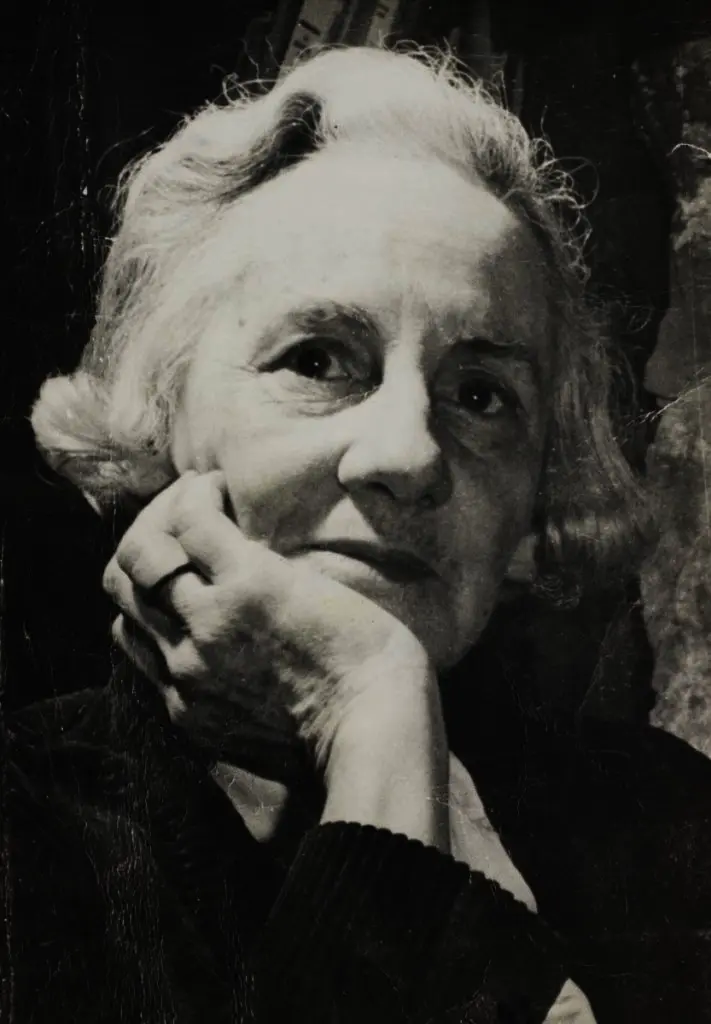
I’m sure some readers have noticed that all ten novels I’ve recommended so far in this series have been written by men. Sadly, that’s because I wasn’t aware of any revolutionary female novelists. It was Mary Davis, author of the CPB booklet Women and Class, who told me about Katharine Susannah Prichard (1883-1969). A foundation member of the Australian Communist Party, she was politically active until her death. Among her many writings was the massive trilogy The Roaring Nineties(1946), Golden Miles(1948), and Winged Seeds(1950). The combination of three features makes these novels outstanding, perhaps unique. First, the stories are centred on one woman, Sally Gough, and her children and grandchildren. Characters and incidents are seen mainly through her eyes. Second, the plots revolve around work, labour, everybody’s need to make aliving, or to have something useful to do. Third, though the action stretches over half a century from the 1890s to the 1940s, it all takes place in one location: the gold mining town of Kalgoorlie, which Sally helps transform from a rough prospector’s camp into a substantial city.
Prichard’s amassing of detail builds up an absorbing and convincing picture of a complex and fast changing community. Individual struggles merge with collective action to create a conscious working class. The big battle of the original alluvial diggers – to protect their rights from encroachment by the burgeoning foreign capitalist mining companies – is won by organisation, discipline, and engagement with national issues. The workers successfully resist provocation by police and army.
And some draw political conclusions. I’ve got it in me bones there’ll never be a fair deal for the working man until we rule the roost… I reckon the workers will fix it some day like they did the question of alluvial rights. That was one of the best fights ever put up by the Australian working class. It affected the whole future of the country, forced the Forrest Government to drop its opposition to federation and brought the West into the Commonwealth. Everybody admits, now, my dad and his mates did a good job for Australia at Eureka, and I reckon the diggers on this field did as much when they stood up for their rights in the alluvial troubles. These words are spoken by Dinny to the group of friends who gather on the Goughs’ veranda to talk about the day’s gossip. Only at the very end of the trilogy does Dinny admit that he’s always been in love with Sally. His role as a sort of Greek chorus is an important thread in the narrative.
The short, snub-nosed Sally with the winning smile dominates the trilogy. She is presented as an all-round woman whose strengths are celebrated and her weaknesses revealed. Simply by creating this character and embedding her in a working class community, Katharine Prichard struck a blow for women’s liberation from oppression.